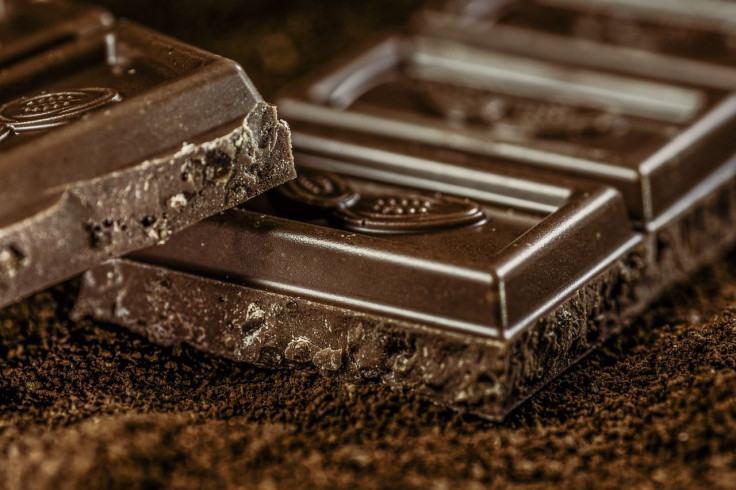World Chocolate Day 2020: Its Origin And Fun Facts About This Delicious Indulgence

Chocolates are natural mood lifters with a multitude of health benefits. The silky, rich treats have antioxidant properties, as well as several other ingredients that work to boost immunity and heart health. One can consume chocolate in any form such as hot cocoa drinks, brownies, or truffle cakes based on the individual’s preference, it provides something to everyone.
World Chocolate Day is observed every year worldwide on July 7 to celebrate this delicious indulgence whose origin traces back to the year 1519. It is said that Aztec emperor Montezuma served a chocolate-based drink, "Xocolātl," to Spanish explorer Hernán Cortés, who took the drink back to his country and improved the taste by infusing it with vanilla, sugar and cinnamon. The drink became popular with people in England and France in the 16th century and acquired its solid form at the beginning of the 18th century. Several chocolate-based dishes across the globe have been made since.
Going by a legend, World Chocolate Day is observed annually to celebrate the day chocolate was introduced in Europe in 1550.
How are chocolates processed?
Chocolates are made of cacao beans or seeds from Theobroma cacao tree. The tree produces a fruit that appears like a pod in structure, wherein several pops covered in a sticky white substance are found. The fruit undergoes fermentation, drying, roasting and grinding to come up with the final product.
Some fun facts about chocolates:
- Chocolates were a staple food for the U.S. soldiers in the 20th century.
- The Aztecs used chocolates as currency alongside consuming it as a bitter drink.
- Chocolates of various kinds have a separate day dedicated to each of them, such as: Sep. 22 for white chocolate; July 28 for milk chocolate; Jan. 10 for bittersweet chocolate etc.
- Scientists believe that drinking hot chocolate in an orange cup tastes better because colors have a role to play in how humans perceive taste.
© Copyright IBTimes 2025. All rights reserved.






















